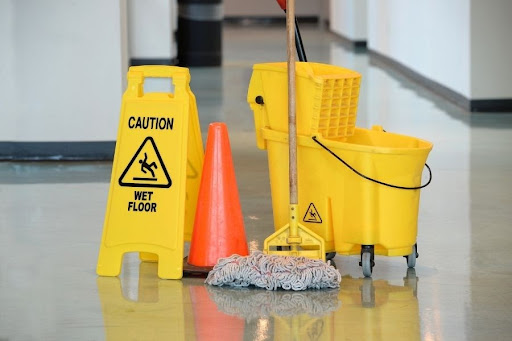
Workers’ Compensation Frequently Asked Questions
In this article, we’ll answer some of the questions that we hear most often.
1. What is a workers’ comp injury?
“An injury whether caused by external or accidental means or accidental in character and result received in the course of and arising out of the employee’s employment.” More simply; an injury that occurred either at your place of employment (on-site or off-site) during your working hours while on a job-related task.
2. How do I file a workers’ compensation claim?
The injured worker or their workers’ comp attorney, as well as employers and medical providers, can all file a claim online at the BWC Website or by manually completing the First Report of Injury (FROI) form and filing it with any BWC office.
3. How long do I have to file a workers’ comp claim?
In Ohio, you have one year from the date of injury or death to file your workers’ compensation claim. However, we recommend you file as soon as possible following the incident.
4. Does every workers’ comp claim require a hearing?
No. Hearings are held only when there is a dispute between the injured worker and the employer.
5. How will I be notified of a hearing?
A notice will be sent to you at least 14 days prior to the scheduled hearing date.
6. How is my weekly rate of pay determined?
The first 12 weeks of disability (if needed for the long) are based on your full weekly wage. This is determined by taking an average of your earnings for the six weeks prior to your injury or the earnings for the week prior to your injury, minus any overtime. The higher of these two figures is considered your full weekly wage. Your weekly rate of pay is determined by taking 72% of that number.
After the first 12 weeks of disability, the weekly rate of pay is based on your average weekly wage. This is determined by the average of the earnings for the entire year prior to your injury. The rate of pay is determined by taking 66.66% of that number.
It is important to note that there are minimum and maximum rates applicable to the year you were injured.
7. What is the difference between an MCO and the BWC?
The BWC is the Ohio agency that is responsible for Ohio’s workers’ compensation system. They make decisions regarding claim allowances and handle any issues with the payment of benefits.
The MCOs are private companies either selected by or assigned to each state-funded employer to medically manage an employer’s workers’ compensation claims, make treatment decisions and coordinate medical care.
8. How do my medical bills get paid if I’m collecting workers’ compensation?
Once your claim is approved, the medical providers who have treated your injury should submit their bills for payment to your MCO, who reviews the bills and then sends them electronically to the BWC, who then disburses payment to the medical providers. If you receive a bill, contact the medical provider and advise them the treatment was for a work-related injury. Give them the name and address of your MCO and ask that they forward the bills there.
9. How do I get reimbursed for medications I’ve paid for?
If the pharmacist sent the bill information to RxNet then you do not need to do anything. You will be reimbursed once your claim is approved. If you paid cash for your prescription and the bill information was not sent to RxNet, you will need to have your pharmacist complete and submit a C-17 form.
10. What happens to my workers’ comp claim if I move out of state?
Although hearings on your claim are only held in Ohio, medical and compensation benefits are paid regardless of where you live.
Have more questions? Contact us. Getting workers’ comp for injuries sustained while working can be a complex process. An experienced workers’ compensation attorney can advise you of your options and protect your legal rights at every stage in the process.
Schedule your free consultation with attorney Thomas Marchese today. Workers’ compensation is all we do.




